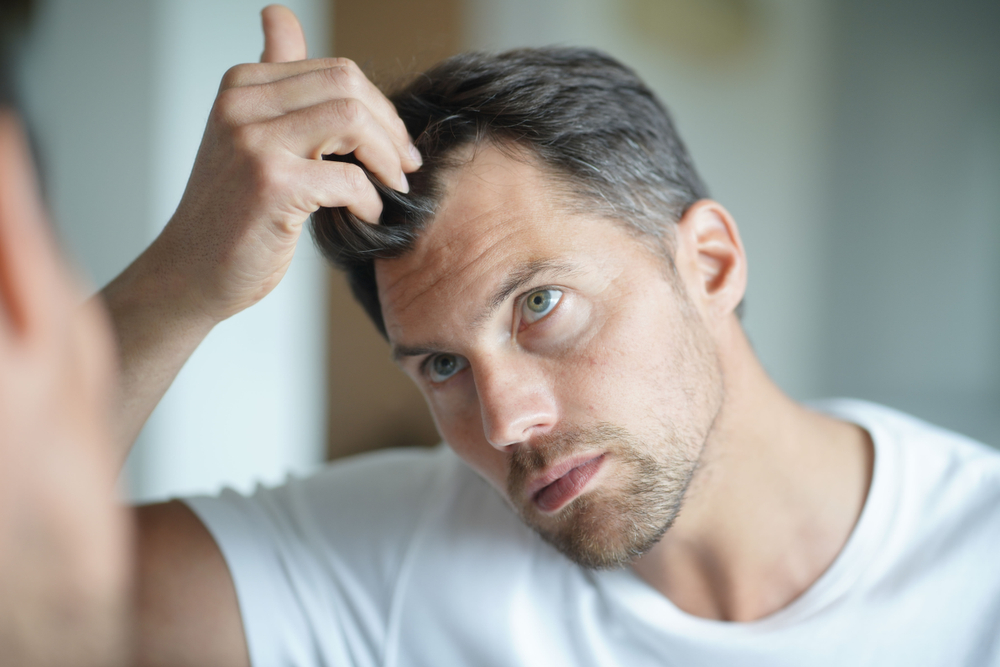Iron Deficiency and Hair Loss: Reasons and Risk Groups
Posted by Pharmics on 14th Feb 2023
There are a wide range of areas that iron deficiency (a lack of proper iron levels in the bloodstream) can impact, and one that some people aren't aware of is hair loss. At the same time, those who have iron deficiency issues can take some simple steps to ensure that these don't create problems, including hair loss and others.
At Pharmics Inc., we're proud to offer the bestiron supplements available, plus expertise and assistance to people with low iron levels in several different areas. Why is it possible for iron deficiency to lead to hair loss, which groups are at the highest risk for this issue, and how can you go about avoiding these risks? This two-part blog series will go over everything you should know.

Why Does Iron Deficiency Sometimes Lead to Hair Loss?
To understanding why iron deficiency sometimes causes hair loss, you have to understand the role iron plays in producing hemoglobin. Hemoglobin is the protein responsible for carrying oxygen from the lungs to the rest of the body, including hair follicles. Without enough hemoglobin, your cells may not get enough oxygen and nutrients, which can lead to weakened hair that falls out more easily.
This lack of hemoglobin may also show up in several other symptoms, such a tiredness and paleness in the skin.
Who is at Highest Risk for Iron Deficiency-Related Hair Loss?
There are a few groups of people who are at the highest risk for hair loss due to iron deficiency:
- Women: Particularly for women of child-bearing age, iron is extremely important for proper hair health. As a result, women in this age group should be sure to regularly check their iron levels and consider supplements if necessary.
- Vegans and vegetarians: Because animal products are the best source of dietary iron, those who don't eat these foods are at higher risk for anemia and related hair loss issues. It's important for vegans and vegetarians to make sure they're getting enough iron from other sources, such as beans, dark green vegetables, and fortified grains.
- People with chronic health conditions: People with digestive disorders like celiac disease or inflammatory bowel disorder may not be able to absorb enough iron from their food. Additionally, those who have had gastrointestinal surgery may not be able to absorb iron properly.
- Heavy exercisers: Another group at higher risk of iron deficiency, particularly in young males, is those who engage in strenuous physical exercise, such as athletes and bodybuilders.
Fortunately, there are several steps you can take to help ensure your iron levels don't lead to hair loss - and we'll go over these in part two of our series.
For more on iron deficiency, hair loss, and the best iron supplements available, be sure to check back soon. In the meantime, if you have any questions or concerns about your iron levels or our iron supplements, don't hesitate to contact Pharmics Inc. for assistance.
Check with your physician before taking an iron supplement or giving an iron supplement to an infant or any child.
*WARNING: Accidental overdose of iron containing products is a leading cause of fatal poisoning in children under 6. Keep iron containing products out of the reach of children. In case of accidental overdose, call a doctor or poison control center immediately.
Statements on this page have not been evaluated by the Food and Drug Administration. These products are not intended to diagnose, treat, cure or prevent any disease.

